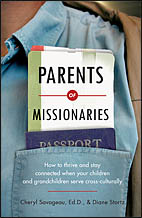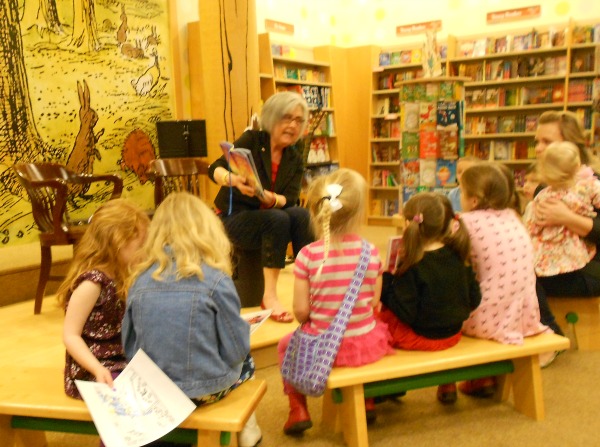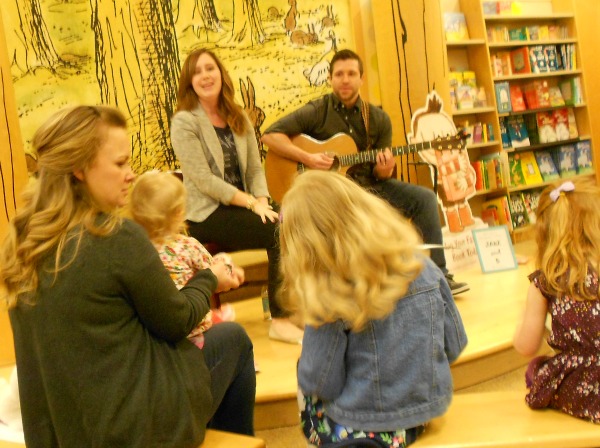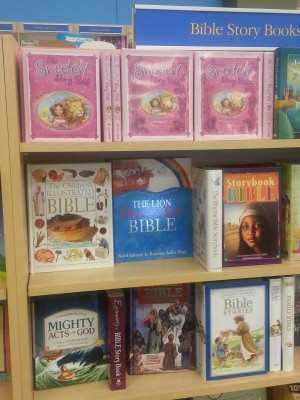 This coming Sunday, May 10, is Mother’s Day … as all the ads and flyers and greeting card aisles have been reminding us, every day now for weeks. But the joy and gladness of the advertising and retail worlds rarely reflect reality.
This coming Sunday, May 10, is Mother’s Day … as all the ads and flyers and greeting card aisles have been reminding us, every day now for weeks. But the joy and gladness of the advertising and retail worlds rarely reflect reality.
Mother’s Day can bring a lot of joy . . .
To new moms, first-time moms, moms whose children are succeeding and accomplishing goals, moms with healthy babies, women whose own moms are loving, understanding, and supportive.
But Mother’s Day can bring a lot of pain . . .
To women who can’t conceive, women who’ve miscarried, women with sick babies, women who’ve lost children, women who’ve had abortions, women whose children are prodigals, women whose own moms were not shining examples of motherhood, women in grief.
Mother’s Day is a happy day for me. But along my road as mother and as daughter, I’ve experienced losses of various kinds and had to deal with grief.
One of the worst kinds of grief is disenfranchised grief, when people grieve “without the benefit of social support or others’ recognition of their struggle.” **
The Bible tells us to honor our parents. The honor is due them for their position even if, for some reason, not their behavior.
But the Bible doesn’t mandate a special day for churches to make a big deal about the happy moms and new babies in their midst. And definitely not at the expense of those who already woke up on Mother’s Day with heavy hearts.
Churches have often recognized moms or dedicate babies on Mother’s Day. I’m not sure why. Yes, we are to honor one another (Romans 13:7), and moms deserve honor and encouragement, and those babies can make for an entertaining morning.
But if the observance doesn’t also acknowledge the real hurt of women who grieve and women who long to be moms but are not … then those who struggle find their grief disenfranchised by those who should be the first to love.
So this is a plea for all of us to be aware.
If your church celebrates Mother’s Day in any way that disenfranchises grief this year … maybe you can help turn things around for next year.
And maybe you know a woman for whom coming to church on Mother’s Day will be a struggle. Maybe you can speak a simple word of acknowledgement, or write a note, or give a hug.
“Carry each other’s burdens, and in this way you will fulfill the law of Christ” (Galatians 6:2).
 ** The quote is from my co-author, counselor Cheryl Savageau, in the chapter on grief in Parents of Missionaries (IVP).
** The quote is from my co-author, counselor Cheryl Savageau, in the chapter on grief in Parents of Missionaries (IVP).
This updated post was first published at ChristianChildrensAuthors.com in 2013.










 If I could give only one gift to my children and grandchildren, it would be knowledge of the Bible, the written Word of God.
If I could give only one gift to my children and grandchildren, it would be knowledge of the Bible, the written Word of God.

 When you’re shopping for a new Bible storybook for your child or grandchild, the number of options can feel overwhelming. How do you decide?
When you’re shopping for a new Bible storybook for your child or grandchild, the number of options can feel overwhelming. How do you decide?
